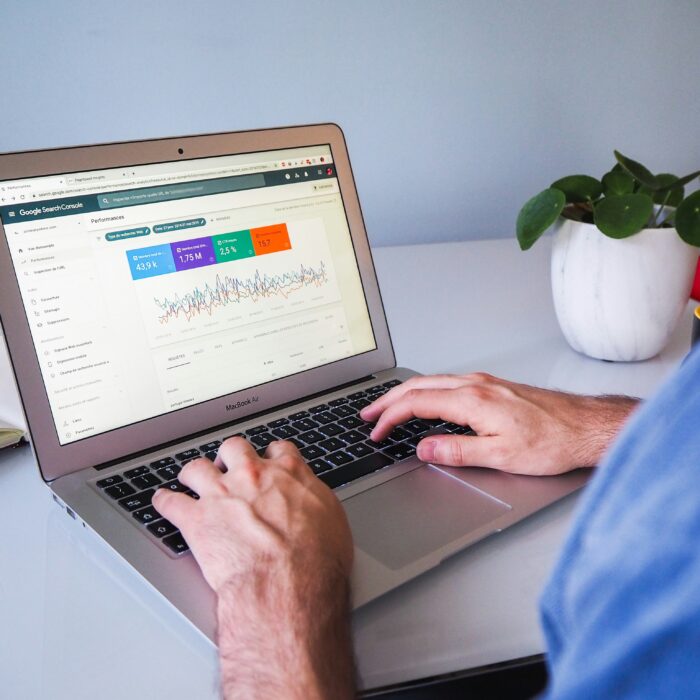What is sales tax?
by January 31, 2025
Sales tax is a type of indirect tax in the US. Indirect taxes are applied to retail sales of certain tangible personal property and services, paid by the consumer, and remitted to the appropriate tax authority by the business. Sales tax is specific to the US, but other countries have their version of sales tax, like goods and services tax, or value-added tax.
States and local governments use sales tax to pay for items like schools, roads and public safety. Sales tax is governed at the state level, which means each state gets to make its own rules and laws when it comes to administering sales tax. This is part of the reason sales tax compliance can be so complex. For a business selling in multiple states, they have to be aware of all the different sales tax laws and keep up with when sales tax is due in each state.
Forty-six US states and Washington D.C. all have a state sales tax.
When am I required to collect sales tax from customers?
In the US, retailers are required to collect sales tax from buyers in states where they have “sales tax nexus.” “Nexus” originates from a Latin word meaning “to bind” or “to tie.” If you have sales tax nexus, think of your business as having a connection to the state.
There are two different types of sales tax nexus, or in other words, two different ways you can meet the requirements to collect and remit sales tax to a state. Physical nexus is just that, a physical connection to a state. Examples of physical nexus (also sometimes referred to as “physical presence”) include employees, offices, stores, warehouses, conference attendance, servers, etc.
Then there is economic nexus. Based on a 2018 Supreme Court ruling, states can require that businesses that exceed certain economic thresholds in the state to collect sales tax from buyers in that state. For example, you may have never set foot in a certain state, but if your business generates a certain amount of sales in that state, then you are required to collect sales tax from customers in that state. What constitutes nexus varies from state to state, and you can find each state’s definition here.
TaxJar can help you determine where you have nexus obligations, and ensure you are aware of your nexus states as your company grows. Our easy-to-use dashboard and notification system helps you monitor your nexus exposure as you generate more sales online and across more states. Our dashboard warns you when you may need to register in a new state. Learn more about how TaxJar can streamline your nexus monitoring here.
Is what I’m selling taxable?
In the US, most “tangible personal property” is taxable. In other words, most items like furniture, jewelry, toothbrushes, coffee mugs, etc., will be subject to sales tax.
However, some items considered to be “necessities” may not be taxable in all states. For example, grocery items are not taxable in most states. However, almost all prepared food bought at a restaurant is generally taxable. Clothing is another example. While clothing is not taxable in some states, luxury items are often taxable in states where most clothing is considered non-taxable.
Intangible products such as SaaS or digital goods may also be subject to sales tax, depending on the state. Services are another example of intangible offerings that may be subject to sales tax in different states.
There are other category exemptions as well, so it’s important to check with the state to determine if you should collect sales tax on your products.
If the items you are selling are not taxable or are exempt from sales tax, then you are not required to collect sales tax on those items from customers in that state. Keep in mind product taxability rules vary across states, so what is considered non-taxable in one state might be taxable in another.
How to register for a sales tax permit
Now that you have determined you have sales tax nexus in a state and that the products you sell are taxable in that state, your next step is to register for a state sales tax permit. This is a crucial step, as collecting sales tax without a sales tax permit is illegal.
Each state’s taxing authority handles sales tax registration. You can register for a sales tax permit yourself, or hire a tax professional to register for your state sales tax permits for you.
Since this process can be cumbersome, TaxJar can register for a sales tax permit on your behalf, in as many states as you need. Learn more about our registration offering here.
How to file and remit sales tax
After you register for a permit and begin collecting sales tax from your customers, you will file and remit sales tax at a set due date. Most states allow you to file sales tax online, and some require it. If you wish to manage filing and remittance on your own, login at your state’s taxing authority website to file. Here are instructions for manually filing sales tax returns in each state.
It’s important to file a sales tax return every time you have a filing due, even if you didn’t collect any sales tax over the taxable period. These types of returns are referred to as zero returns. States consider your sales tax filings to be a “check in.” If a seller fails to file, the state could charge a penalty or even revoke the seller’s sales tax license. Be prepared to file sales tax returns by the due date, every time, even if you don’t actually owe any money to the state.
TaxJar makes filing and remittance easier, with our automated filing service, AutoFile. Once enrolled in a particular state, we’ll use the data that we receive from your e-commerce platforms to prepare and submit an accurate return along with your remittance. TaxJar manages all your filing details and deadlines so you never miss a due date. Learn more about AutoFile here.
How to manage your sales tax compliance
As you can see, sales tax compliance is challenging. There are so many important details that businesses must be aware of to stay compliant and avoid penalties. TaxJar makes compliance easier, by managing all the different aspects, including keeping you updated on where you have nexus, registering for sales tax permits, and automating sales tax filing and remittance. To learn more about TaxJar and get started automating your sales tax compliance, start a free, 30-day trial today.








